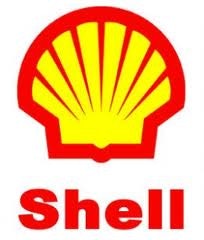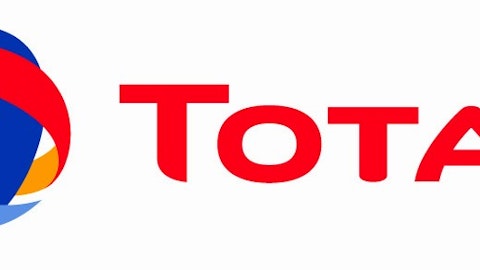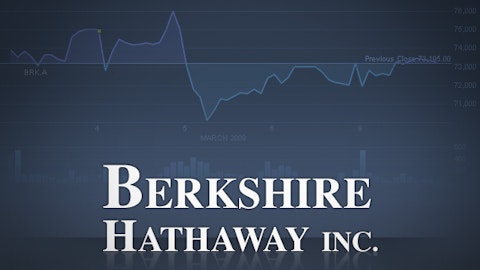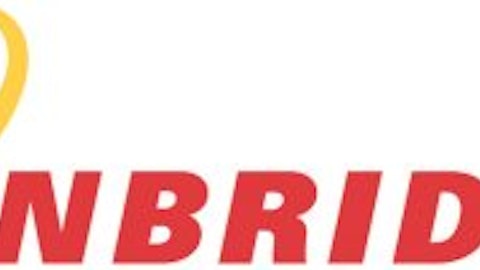New U.S. dollar-denominated corporate bond issues topped $24 billion last week. Much of the new money is, or at least appears to be, headed toward redemptions or refinancing.

French oil giant TOTAL S.A. (ADR) (NYSE:TOT) borrowed $3 billion through subsidiaries Total Capital and Total Capital International in issues with maturities ranging from three to 10 years. Like Royal Dutch Shell plc (ADR) (NYSE:RDS.B), TOTAL S.A. (ADR) (NYSE:TOT) only specified “general corporate purposes” for the use of proceeds. A possible use for some of the money is the redemption of $1.5 billion in notes maturing next January. In this case, however, the weighted-average coupon rate for the new issues is higher than the paper maturing in January, so no savings there.
Industrial and retail REIT Prologis Inc (NYSE:PLD) leased $1.25 billion with five- and 10-year note issues. Between $500 and $640 million is earmarked for a tender offer to purchase higher-coupon paper. The exact amount spent to purchase outstanding debt will depend on how much of each issue is tendered. The rest of the money will be used to pay down a line of credit.
Medical-device maker Boston Scientific Corporation (NYSE:BSX) tapped the credit market for $1.05 billion with five- and 10-year issues. The company also borrowed $400 million with a five-year term loan. The money from the notes and the term loan will be used to redeem $1.45 billion of 5.45% and 4.5% paper maturing in June 2014 and January 2015, respectively. The move saves Boston Scientific Corporation (NYSE:BSX) about $25 million per year in interest expense.
Berkshire Hathaway Inc. (NYSE:BRK.B) issued three- and five-year paper worth $1 billion. With Berkshire Hathaway Inc. (NYSE:BRK.B)’s stellar credit rating, the coupon rates were just 0.95% and 2%, respectively. The money is being used to redeem $1 billion of maturing five-year notes. The refinance will save Berkshire about $35 million per year in debt service costs.
Over in the junkyard, oil and gas producer Halcon Resources drilled $400 million of new cash with a private sale of 8.5-year, 9.25% notes. The company also sold 38 million new shares to raise nearly $200 million. The proceeds from the note and share sales are both being used “to repay a portion of the outstanding borrowings under its senior secured revolving credit facility, which has been, and will continue to be, drawn upon to partially fund acquisitions of both leasehold and producing properties in core areas.” Call me skeptical, but it seems like Halcon needs to get those leasehold and producing properties at really good prices to clear a 9.25% coupon rate.
Even with the rise in bond rates over the past few months, many companies with good credit ratings are able to improve cash flows by redeeming higher-rate paper or even repurchasing shares.
The article Companies Saving Big-Time With Low Bond Rates originally appeared on Fool.com and is written by Russ Krull.
Russ Krull has no position in any stocks mentioned. The Motley Fool recommends Berkshire Hathaway and Total SA. (ADR). The Motley Fool owns shares of Berkshire Hathaway.
Copyright © 1995 – 2013 The Motley Fool, LLC. All rights reserved. The Motley Fool has a disclosure policy.




